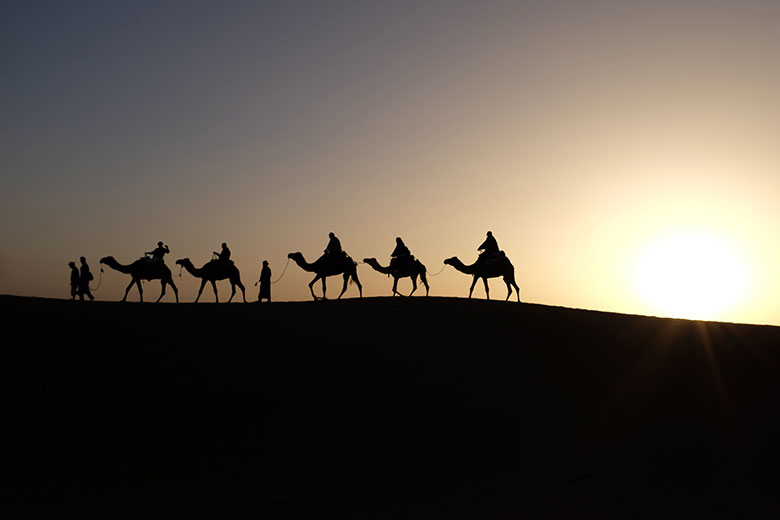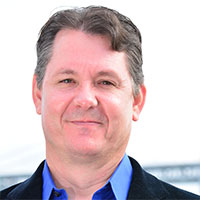
I’ve always been fascinated by the story of the Wise Men (Matt 2). Even in my fundamentalist/evangelical days, I found their story intriguing. Their time in the Gospel accounts is limited, but profound. As we come to this season of Advent, of that first coming, what might we learn from the story of the Wise Men? Here are three reflections we might consider:
God Acts Outside Traditional Frameworks/Understandings:
The Wise Men were from the east—they were gentiles. They were not heirs to the promise or the covenant. They were not given the law or rescued from Egypt. They were not told they were “clean” or chosen. They were outside the framework, the boundaries, the walls, that the Hebrews (Many of them) felt God had placed around Israel—the nation he had chosen out of all the peoples and nations of the world. The Wise Men were outsiders, foreigners, “others.”
And yet, God chose them to see and understand what those inside the presumed framework would not, or could not, see or understand.
God Speaks to Those Outside Traditional Frameworks/Understandings:
It is commonly understood the Wise Men were, what we would consider today, astrologers. The Magi were probably Persian-Medes, from a priestly class, and associated, again, with what we today would consider the occult.
And yet, God chose to speak, to communicate, to be present to those associated with a world and practices—that were actually condemned in Scripture (For example see Leviticus 19:26; Isaiah 47:13-15). God also chose to speak outside the boundaries of written Scripture to those not necessarily familiar with those writings and chose nature itself (stars and dreams) to communicate, to announce, a King had been born.
God Protects Those Outside Traditional Frameworks/Understandings:
In Matthew’s Gospel, we read that, “…having been warned in a dream not to go back to Herod, they returned to their country by another route.” Who warned them in a dream? I think we can assume God did. If they had returned to Herod and decided not to tell him anything, or lie, or try to protect the child in some way, they may have found themselves under threat of imprisonment or death.
The traditional framework did not see God as the protector of all people—only the Hebrews/Jews.
And yet, God protected these, these who were outside the traditional frameworks and understandings. God protected them against the very people who thought they were the protected ones.
What might we take from this today as Christians? Do we think God is now working in completely different ways and what happened as far as the Wise Men could never be repeated? I would find such an assumption very dangerous.
What is the traditional religious, or philosophical framework we assume is in place? Let’s picture who it is we think is on the inside of that framework, and who is on the outside. Picture whatever it is we might think is the correct and true way that God acts or doesn’t act, communicates, or doesn’t communicate. Picture who it is we might think of as righteous, and on the right side of history, and who we see as the opposite. Picture who it is we might think of as “saved” and as “lost.”
Now, imagine learning God had acted and communicated outside the frameworks and boundaries contained in those assumptions. Such is always the possibility—the story of the Wise Men at the very least testifies to that sobering reality. Does this mean we can’t trust or believe anything very strongly? No. It simply means we could be wrong. It means I could be very sincere, but sincerely wrong. What we believe about the Judeo-Christian story, what we hold dear, we can hold strongly—but we need to hold it very humbly. The story of the Wise Men, to the extent we ever become prideful in our beliefs, should haunt us.
As we come to this season, let us learn from the story of the Wise Men as we, too, bring our gifts, ourselves, to the Savior of the world. And, because God problematizes and complicates our comfortable perspectives, our settled opinions, our presumptions, let us do it humbly, with the mind-set we pray we are more like the Wise Men and not like the Herods/religious leaders of that day.
Photo via Unsplash.
 About Darrell Lackey
About Darrell Lackey
Darrell Lackey has been a lead pastor and currently works in the private sector. He is part of a home gathering of some amazing, wonderful Christians and a graduate of the University of San Francisco and Golden Gate Baptist Theological Seminary (Now Gateway). You can follow him or read more of his writings at Divergence (A Journey Out of Funda-gelicalism). He and his wife reside in Northern California.